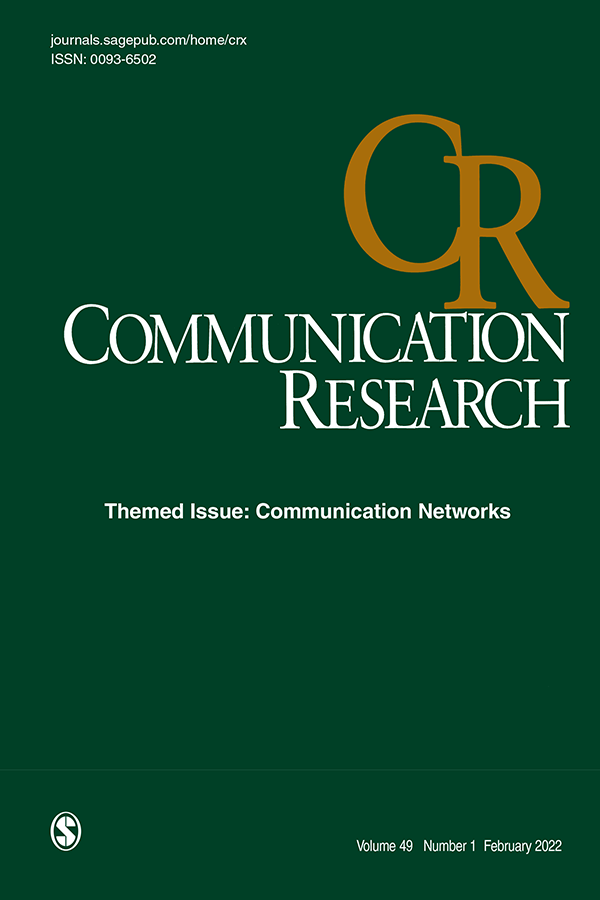从动态、差异效应的角度审视创新的扩散:对员工采用人工智能的纵向研究
IF 3.2
1区 文学
Q1 COMMUNICATION
引用次数: 0
摘要
本研究通过考虑技术的威胁,并从动态、差异效应的角度考察人工智能在工作场所的应用,扩展了创新传播理论。一项三波调查研究的结果显示,随着时间的推移,人工智能的威胁(即工作安全问题)与员工对人工智能采用越来越消极的态度之间存在关联。相对优势、兼容性和可观察性与更积极的态度相关,而易用性和可试验性没有显著关联。在测试不同潜在采用者群体对人工智能采用态度的不同影响时,我们发现,试验性只对以前持积极态度的员工的态度产生积极影响。然而,可观察性和人工智能的威胁在之前持负面态度的员工中更具影响力。讨论了理论和实践意义。本文章由计算机程序翻译,如有差异,请以英文原文为准。
Examining the Diffusion of Innovations from a Dynamic, Differential-Effects Perspective: A Longitudinal Study on AI Adoption Among Employees
This study extends the diffusion of innovations theory by considering the threat of technology and examining the adoption of artificial intelligence (AI) in the workplace over time from a dynamic, differential-effects perspective. Findings from a three-wave survey study reveal an association between the threat of AI (i.e., job security concerns) and increasingly negative attitudes toward AI adoption among employees over time. Relative advantage, compatibility, and observability correlated with more positive attitudes, whereas ease of use and trialability showed no significant association. In testing the differential effects on attitudes toward AI adoption among different groups of potential adopters, we found that trialability positively influenced attitudes only among employees who held a positive attitude previously. Observability and the threat of AI, however, were more influential among employees who held a negative attitude previously. Theoretical and practical implications were discussed.
求助全文
通过发布文献求助,成功后即可免费获取论文全文。
去求助
来源期刊

Communication Research
COMMUNICATION-
CiteScore
17.10
自引率
0.00%
发文量
20
期刊介绍:
Empirical research in communication began in the 20th century, and there are more researchers pursuing answers to communication questions today than at any other time. The editorial goal of Communication Research is to offer a special opportunity for reflection and change in the new millennium. To qualify for publication, research should, first, be explicitly tied to some form of communication; second, be theoretically driven with results that inform theory; third, use the most rigorous empirical methods; and fourth, be directly linked to the most important problems and issues facing humankind. Critieria do not privilege any particular context; indeed, we believe that the key problems facing humankind occur in close relationships, groups, organiations, and cultures.
 求助内容:
求助内容: 应助结果提醒方式:
应助结果提醒方式:


